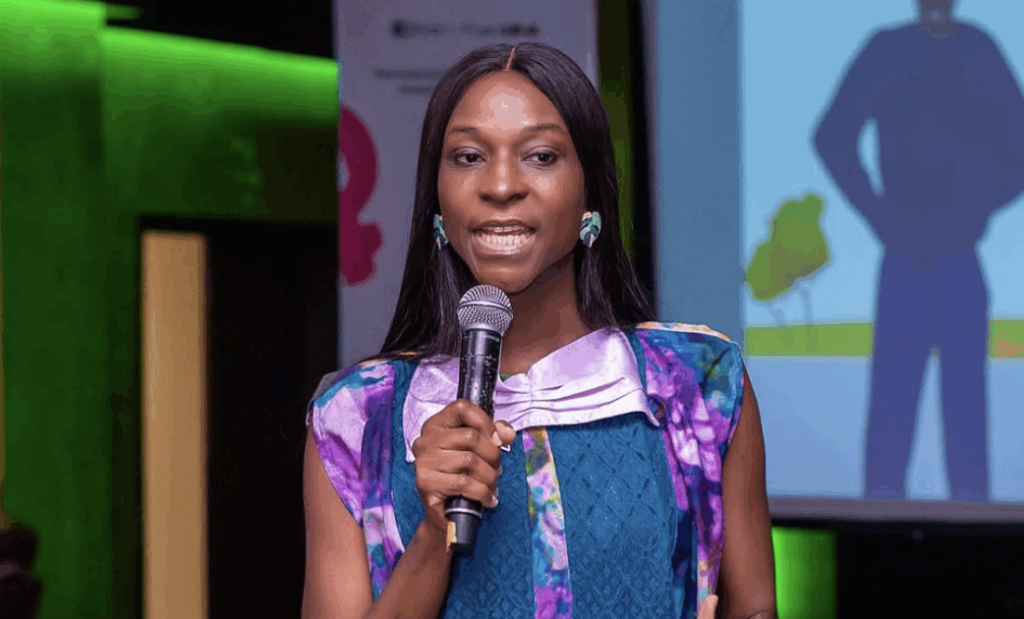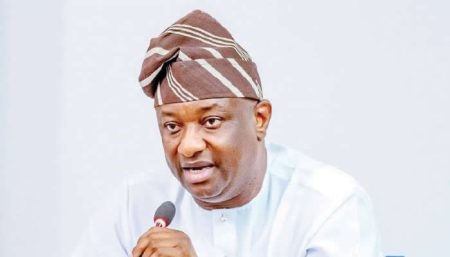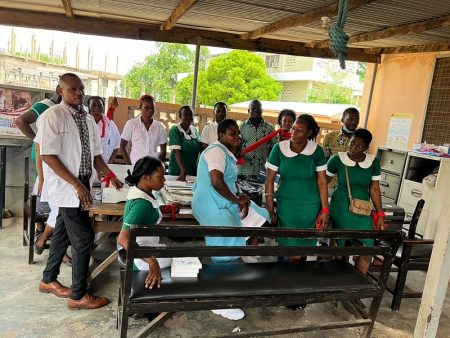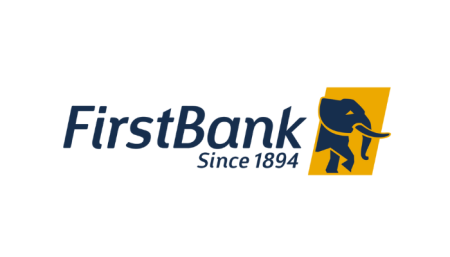The year 2024 witnessed a tragic toll of domestic violence in Lagos State, Nigeria, with five women losing their lives at the hands of their intimate partners. This stark reality was brought to light by Mrs. Titilola Vivour-Adeniyi, the Executive Secretary of the Domestic and Sexual Violence Agency (DSVA), during a town hall meeting held in the Kosofe-Ikosi area. The meeting, aimed at raising awareness about Sexual and Gender-Based Violence (SGBV), served as a platform to highlight the urgency of addressing this pervasive issue and the resources available to victims. Vivour-Adeniyi revealed the chilling statistic of the five fatalities, emphasizing the potential lethality of domestic abuse, often dismissed as “private matters.” Following the tragic deaths, swift action was taken by law enforcement. Four of the alleged perpetrators were apprehended and are currently facing prosecution. The fifth suspect, however, remains at large, highlighting the ongoing challenges in ensuring accountability for such crimes. The DSVA’s efforts underscore the importance of prompt reporting and intervention in cases of domestic violence, converting potential tragedies into opportunities for justice and healing.
The tragic loss of these five women underscores a critical message: domestic violence is not a private matter but a public health crisis demanding immediate attention and action. The DSVA’s proactive approach, engaging directly with communities, reflects a commitment to breaking the silence surrounding domestic violence and empowering victims to seek help. The town hall meeting served as a vital channel for disseminating information about available resources and support services, as well as emphasizing the critical role of community members in recognizing and reporting incidents of abuse. The agency’s emphasis on early intervention reflects an understanding that domestic violence often escalates, with seemingly minor incidents potentially leading to fatal consequences. The timely arrest of four suspects demonstrates the seriousness with which the Lagos State Government is treating these cases, sending a strong message that perpetrators will be held accountable for their actions.
Vivour-Adeniyi’s urgent call for victims to report any form of violence served as the centerpiece of her message. She stressed that what might appear to be an isolated or minor incident could quickly escalate, becoming the “last push,” “last shove,” “last kick,” or “last slap” that ends a life. This stark warning highlights the insidious nature of domestic abuse, often characterized by a pattern of escalating violence. The DSVA head urged victims not to wait until it’s too late, emphasizing the availability of a dedicated helpline – 08000333333 – as a vital lifeline for those experiencing abuse. This accessible resource connects victims with a comprehensive network of support services, offering medical care, legal aid, psychosocial support, safe shelter, empowerment programs, and even alternative dispute resolution mechanisms.
The DSVA’s comprehensive support system recognizes that surviving domestic violence requires more than just escaping immediate danger; it necessitates a holistic approach to healing and rebuilding. Medical care addresses physical injuries and potential long-term health consequences, while legal aid empowers victims to navigate the legal system and pursue justice against their abusers. Psychosocial support helps victims process the trauma they’ve endured and develop coping mechanisms for moving forward. Shelters provide a safe haven from further abuse, allowing victims to regain their footing and plan for a future free from violence. Empowerment programs equip survivors with the skills and resources they need to achieve financial independence and self-sufficiency. Finally, alternative dispute resolution mechanisms offer a less adversarial approach to resolving conflicts, potentially leading to more sustainable and peaceful outcomes.
Community involvement plays a pivotal role in addressing the pervasive issue of domestic violence. Vivour-Adeniyi’s appeal to community leaders to take disclosures seriously and act promptly emphasizes the importance of collective responsibility. These leaders are often the first point of contact for victims within their communities and hold significant influence in shaping societal norms and attitudes towards domestic violence. Their swift response and intervention can be life-saving, preventing further tragedies and fostering a culture of accountability. By encouraging community members to report suspected cases of abuse, the DSVA aims to create a network of support that surrounds victims and helps them break free from the cycle of violence. This collaborative approach recognizes that addressing domestic violence requires a collective effort, with individuals, communities, and government agencies working together to protect vulnerable individuals and hold perpetrators accountable.
The Lagos State Government’s multifaceted approach to combating domestic violence encompasses both immediate intervention and long-term prevention. The availability of the DSVA helpline, coupled with the agency’s active engagement with communities, demonstrates a commitment to providing accessible and timely support to victims. The swift apprehension of suspects in the recent fatalities sends a clear message that such acts will not be tolerated, while the ongoing prosecution of these cases seeks to bring justice to the victims and their families. By encouraging open dialogue and promoting a culture of zero tolerance towards domestic violence, the Lagos State government is striving to create a safer and more supportive environment for all its citizens. The pursuit of the remaining suspect underscores the government’s dedication to ensuring that all perpetrators are held accountable and brought to justice, further reinforcing the message that violence against women will not be tolerated.













